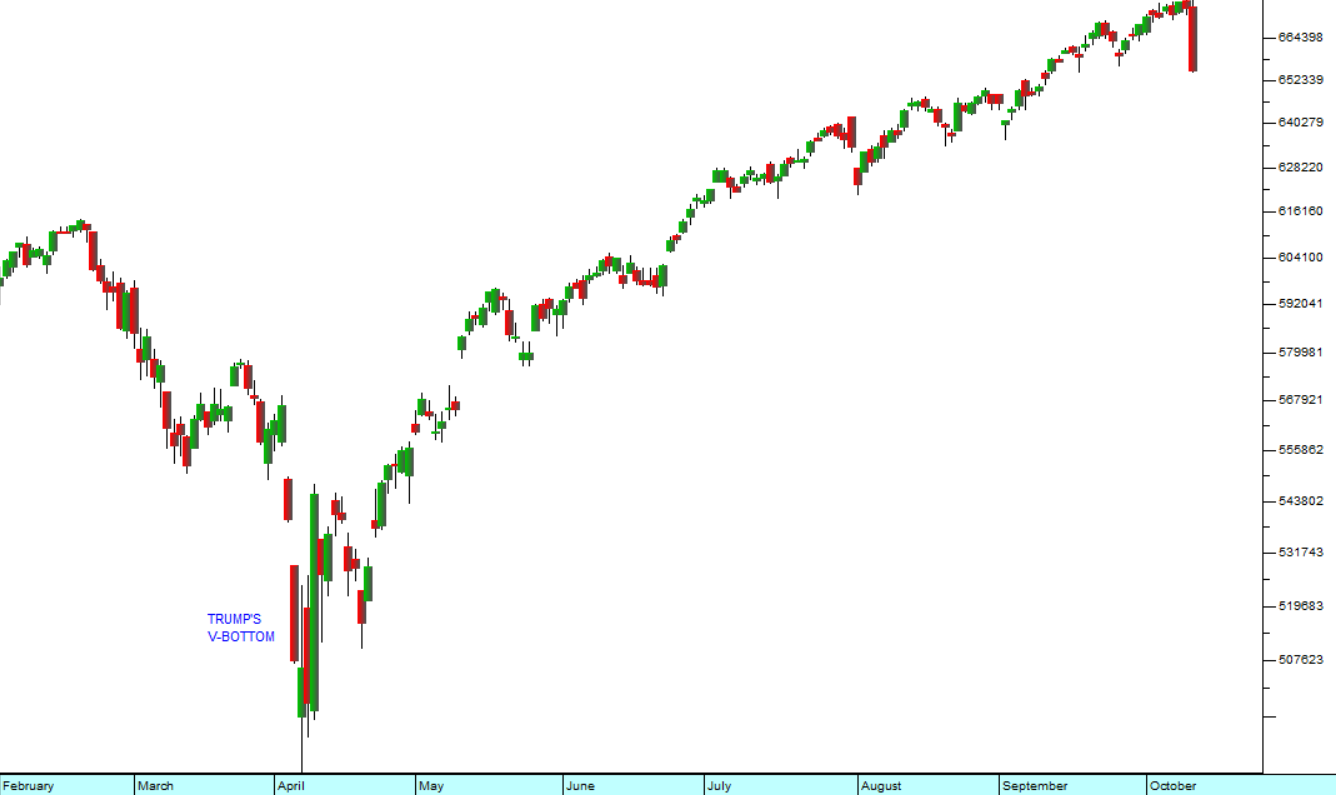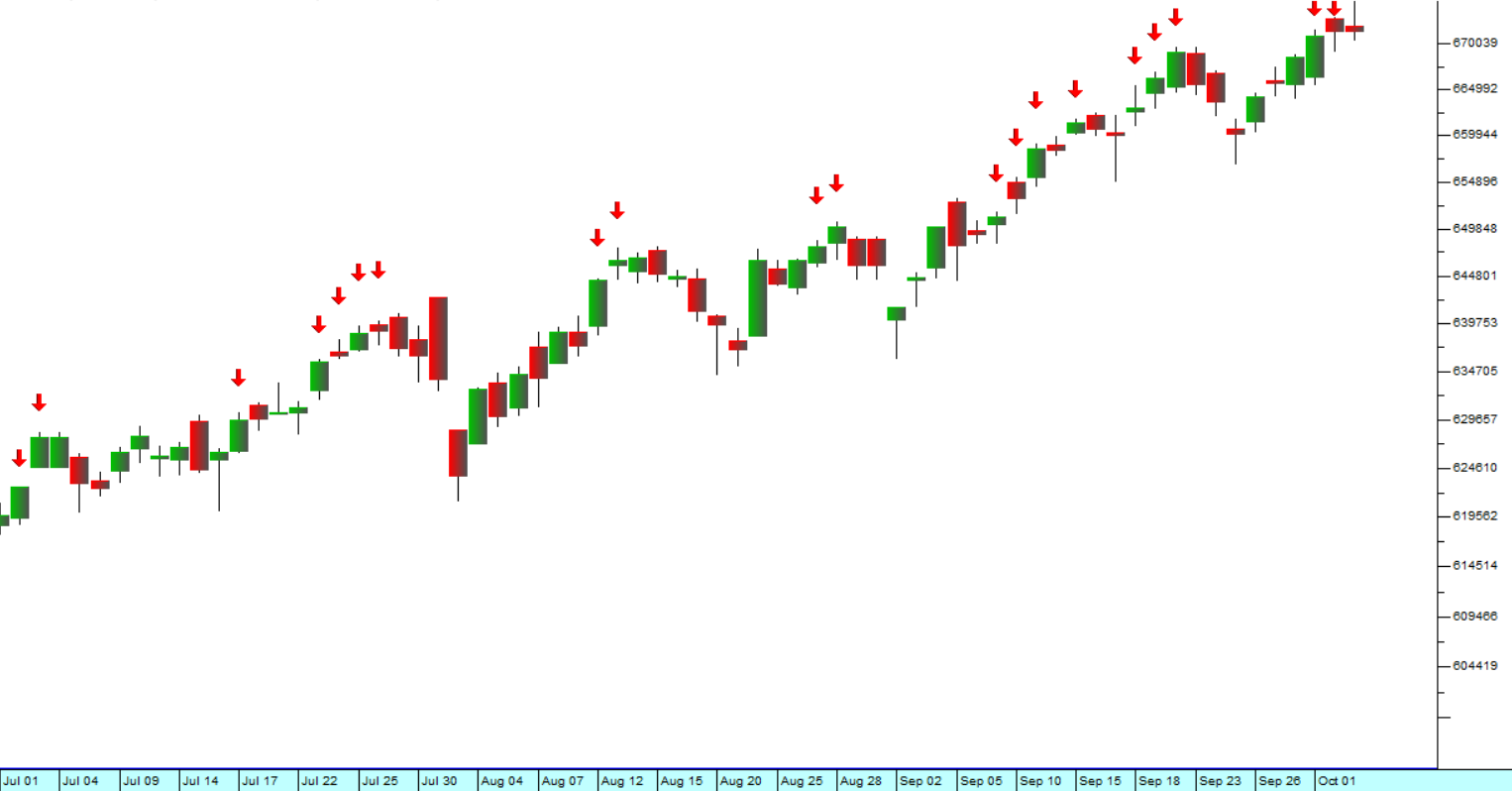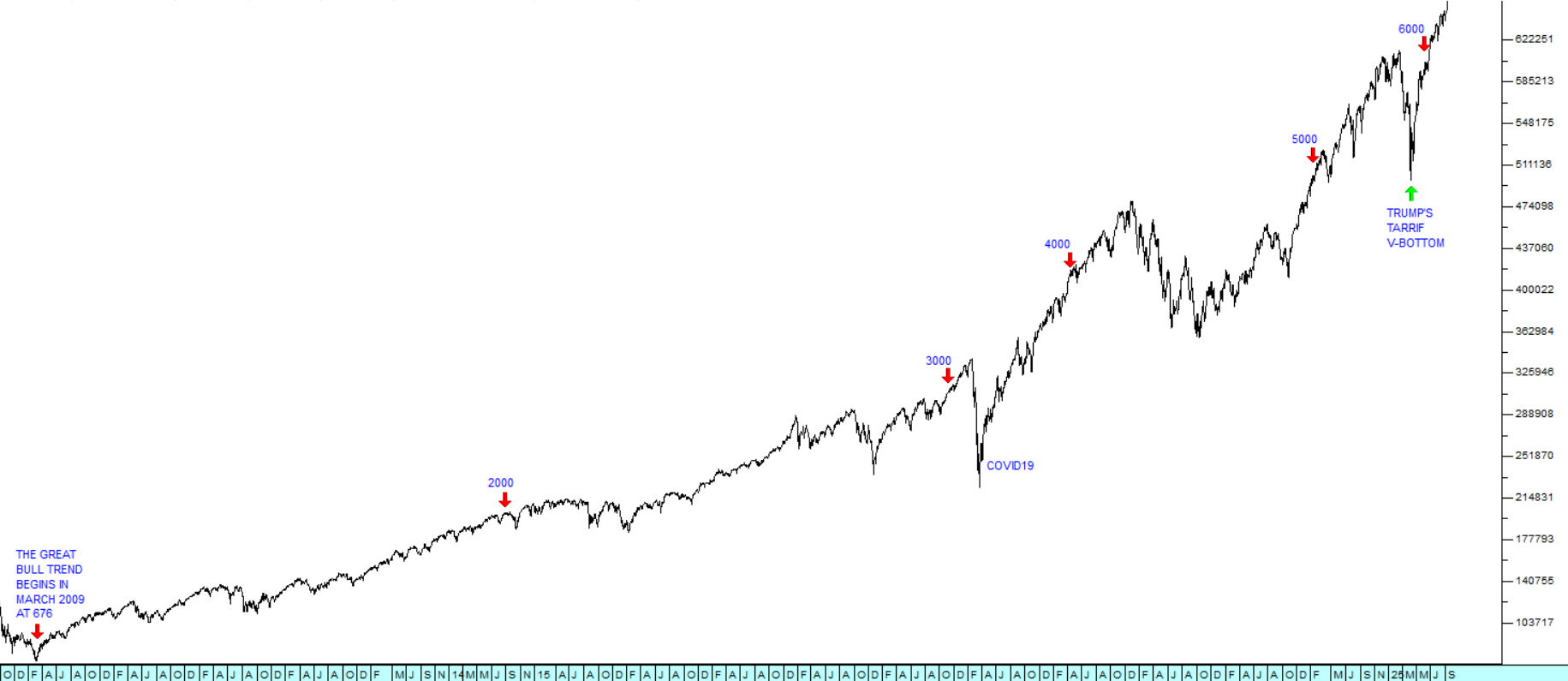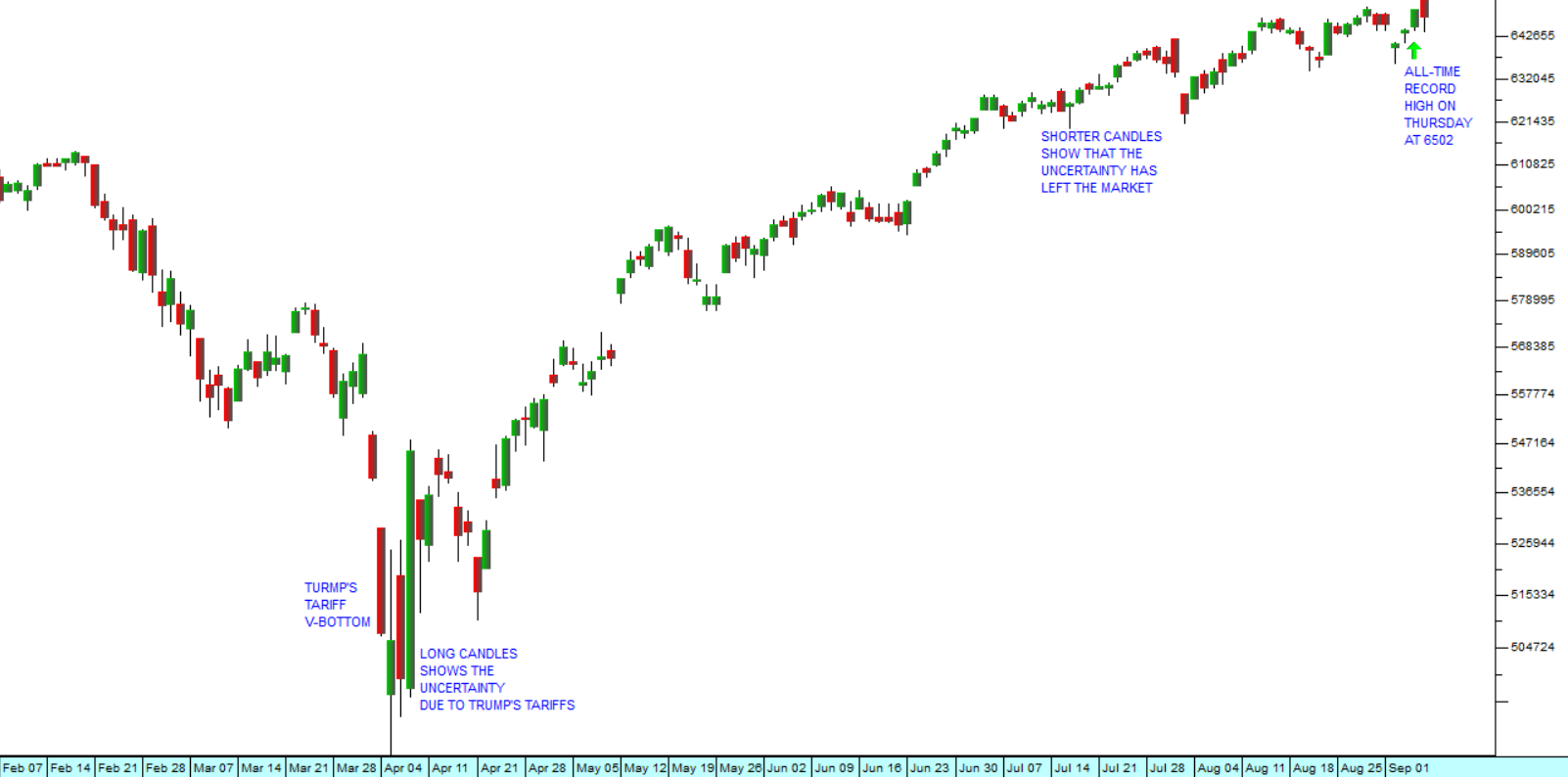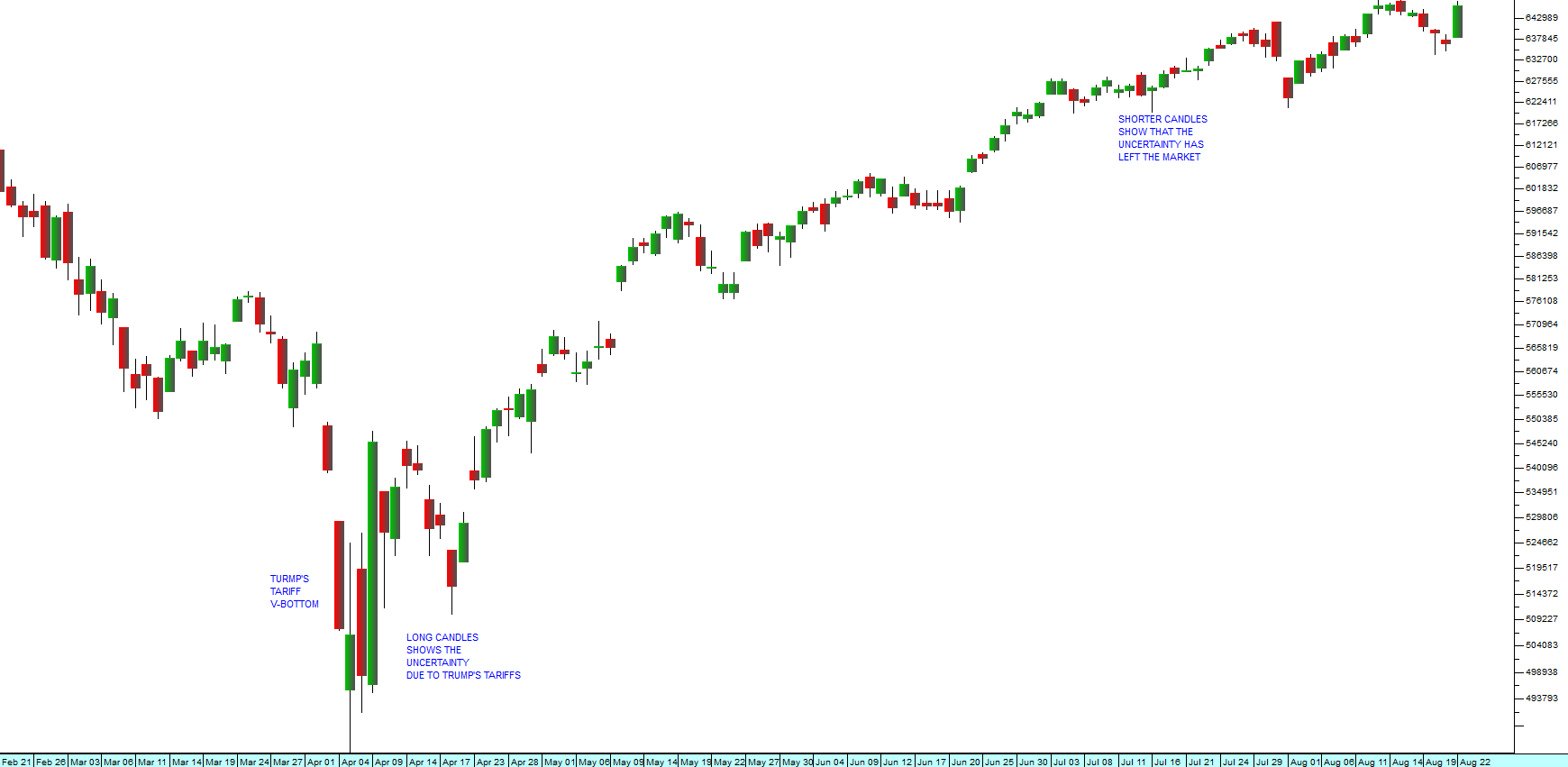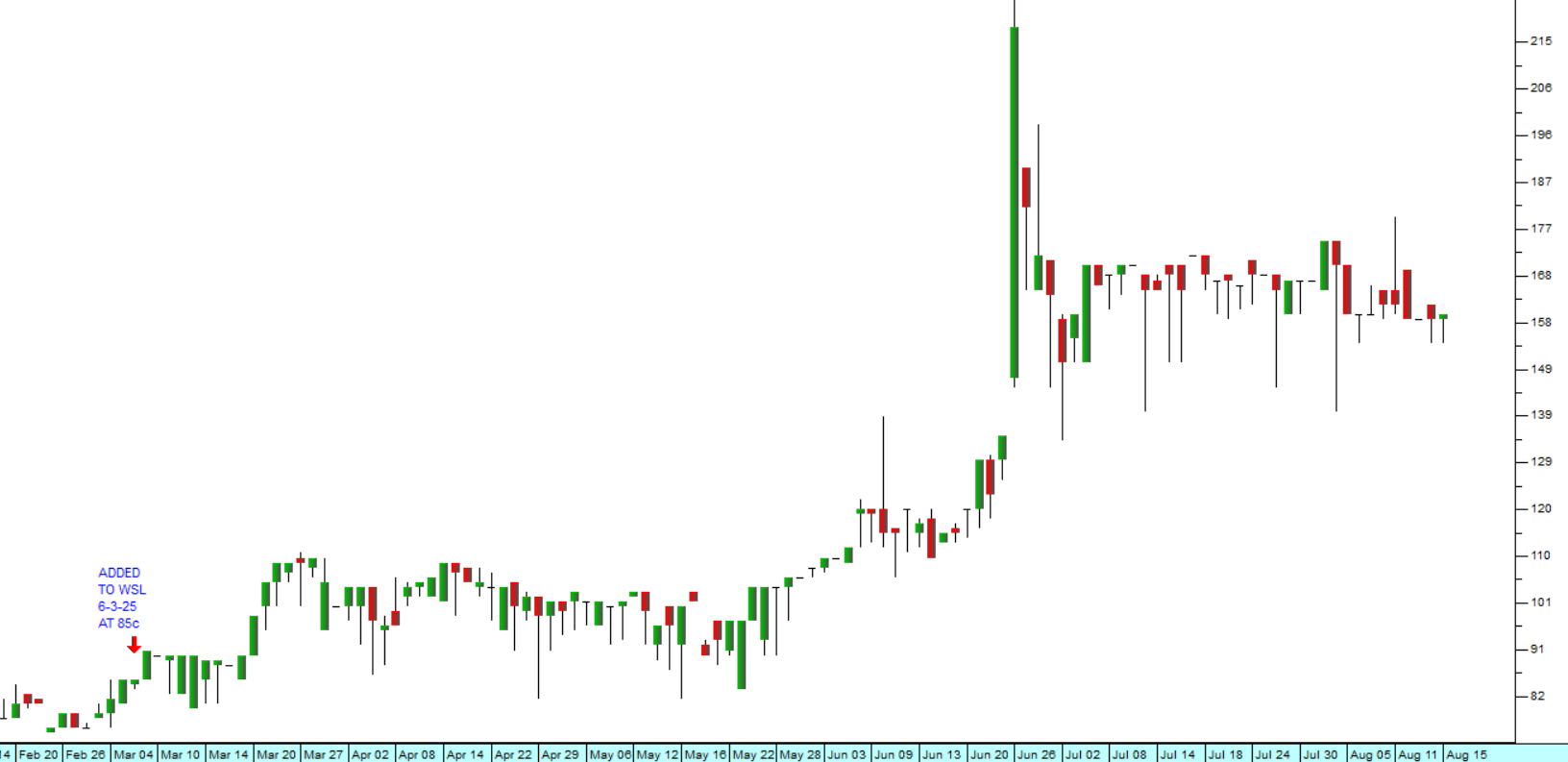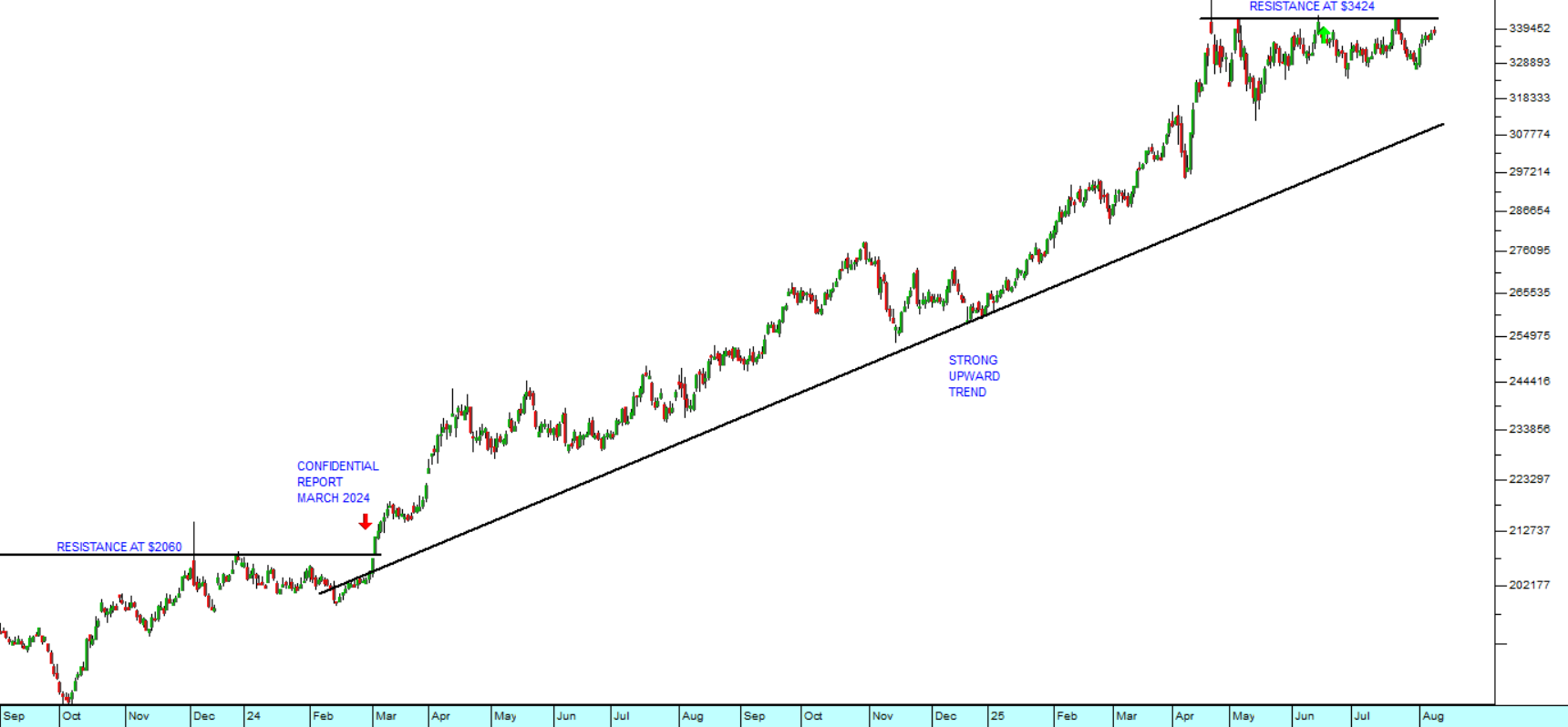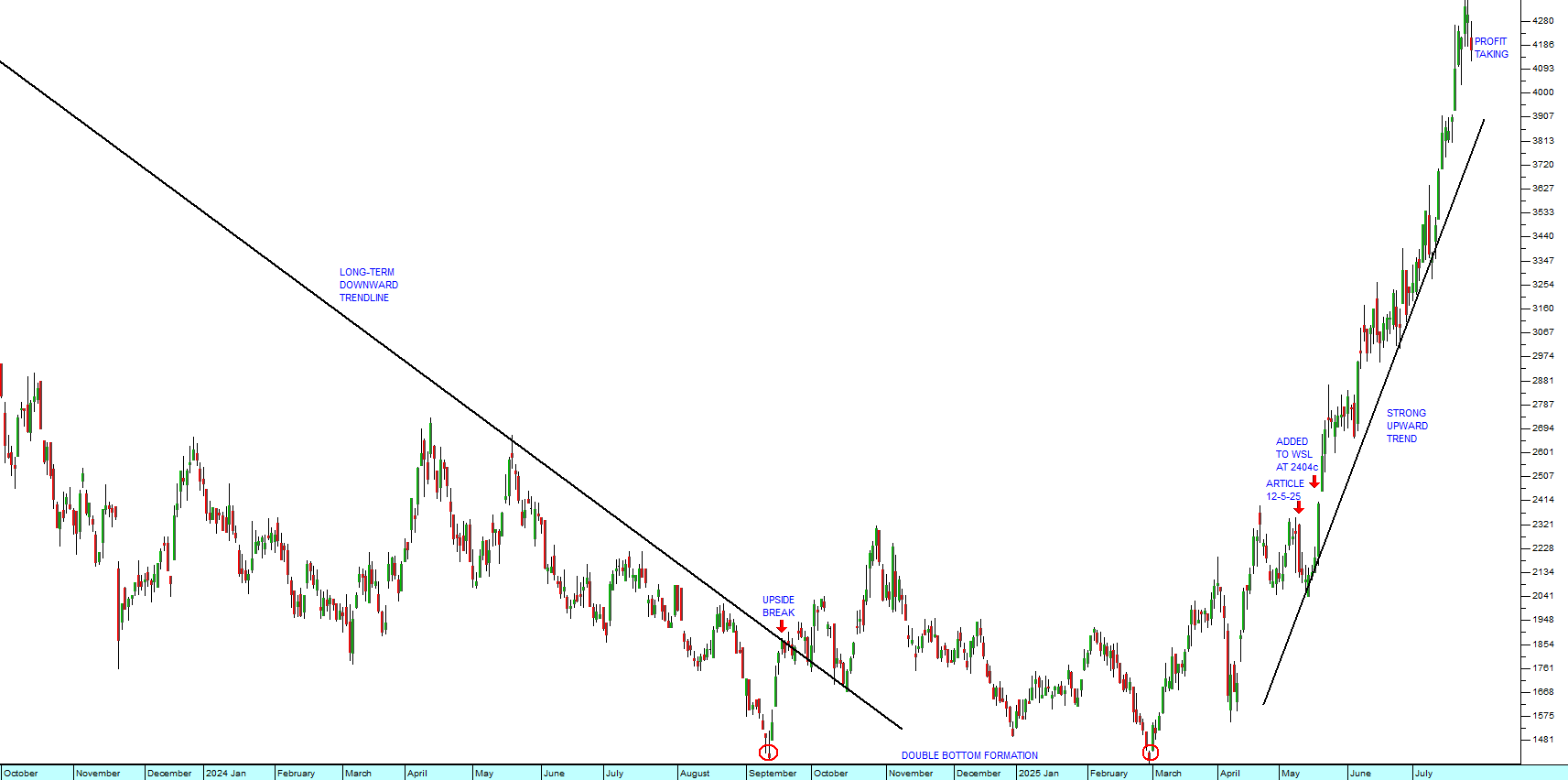Kumba
27 January 2020 By PDSNETKumba Iron Ore (KIO) is a separately listed 70% subsidiary of Anglo American. It is by far the largest producer of iron ore in South Africa and it exports 94% of the ore which it produces. This makes it substantially a rand-hedge share which is hardly impacted by developments in the South African economy. The main drivers for this share are the international price of iron and the rand.
What makes this share interesting is the fact that it trades on a very low P:E ratio of 7,26 and a historical dividend yield (DY) of nearly 10%. In the current financial year (to 31st December 2019) the company has already paid a dividend of R30.79 per share and it is expected to pay a further R20 per share as a final dividend – making a total of R50.79 per share. This should be compared to the current share price of around R381. This puts it on a forward DY of 13,3% - not a bad return.
Obviously commodity shares are volatile because their profitability is hinged to the volatile price of iron. But if you take the view that the world economy, led by America in an election year, is in the throes of an economic boom, then it seems reasonable to bet that the iron ore price will continue to be strong.
Of course, there is risk, but we feel that the risk is more than compensated for by the low price of the share. Consider the chart:

Kumba Iron Ore (KIO) January 2014 to January 2020 - Chart by ShareFriend Pro
Here you can see that when the commodity cycle turned in January of 2016, iron ore was no exception. The upward trend line in Kumba since then has been volatile, but it has consistently appreciated for the past six years. There are not many shares on the JSE which are going to pay a dividend which is better than 13% of their share price. Equally, we feel that the upward trend in commodities, including iron, will continue for some time. We see a strong possibility that this share will move back above R500 in the not too distant future – but, of course, there is risk, so a strict stop-loss strategy is recommended.DISCLAIMER
All information and data contained within the PDSnet Articles is for informational purposes only. PDSnet makes no representations as to the accuracy, completeness, suitability, or validity, of any information, and shall not be liable for any errors, omissions, or any losses, injuries, or damages arising from its display or use. Information in the PDSnet Articles are based on the author’s opinion and experience and should not be considered professional financial investment advice. The ideas and strategies should never be used without first assessing your own personal and financial situation, or without consulting a financial professional. Thoughts and opinions will also change from time to time as more information is accumulated. PDSnet reserves the right to delete any comment or opinion for any reason.
Share this article:

